
Around the bloc: Hungary Pressed to Reverse Refugee Laws
Council of Europe’s top rights official urges Budapest to scrap laws that criminalize migration.
More...We kindly inform you that, as long as the subject affiliation of our 300.000+ articles is in progress, you might get unsufficient or no results on your third level or second level search. In this case, please broaden your search criteria.

Council of Europe’s top rights official urges Budapest to scrap laws that criminalize migration.
More...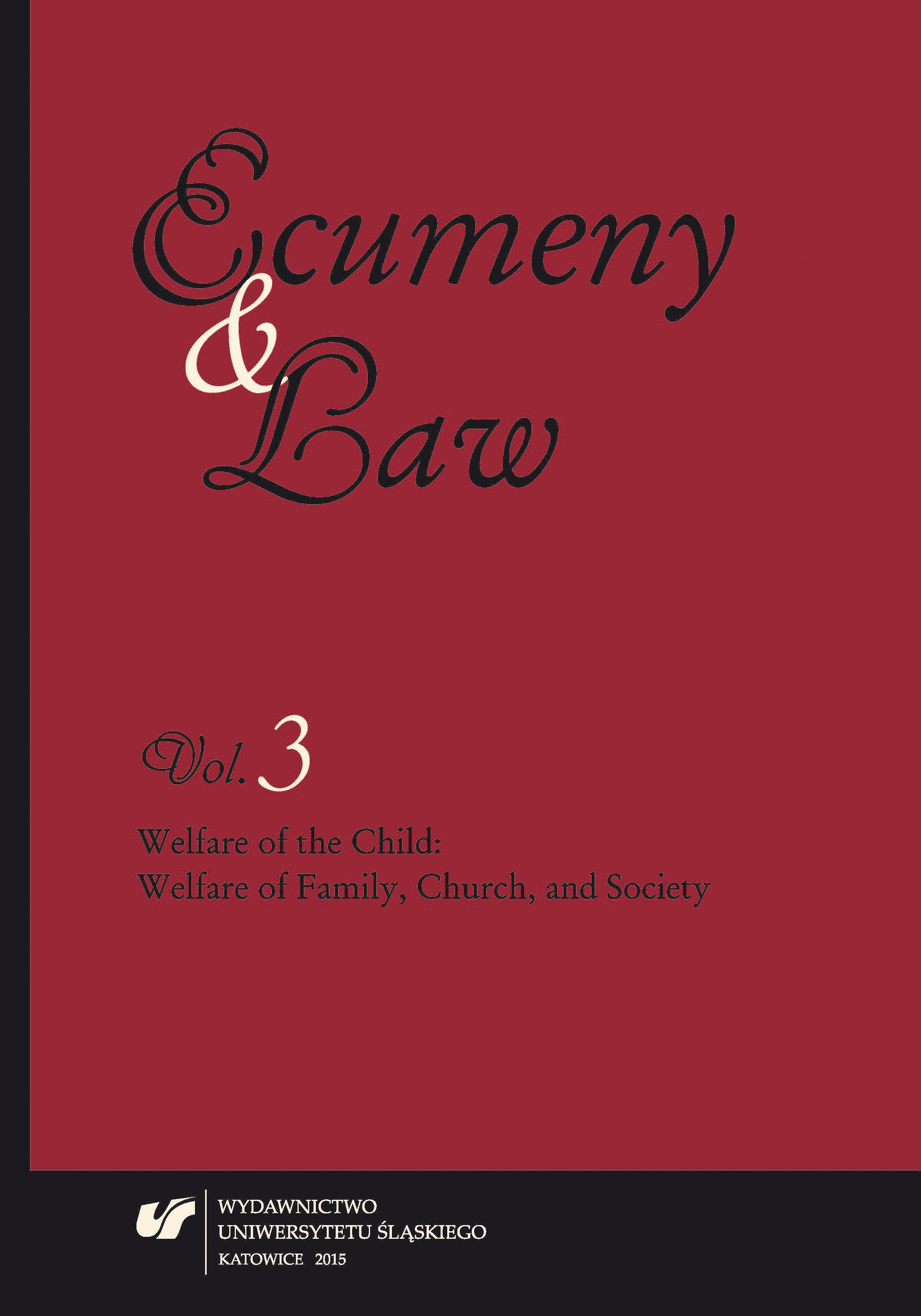
The subject of the article is the analysis of thirteen international Conventions concerning the rights of the child presented chronologically, according to their coming into force. Such an analysis gave the authors the opportunity to remark that such international documents having compulsory juridical force also evince the evolution of the world states awareness concerning both the need of harmonizing the legislation in this field, and the obligation of taking concrete and effective measures on ensuring the legal protection of the children.
More...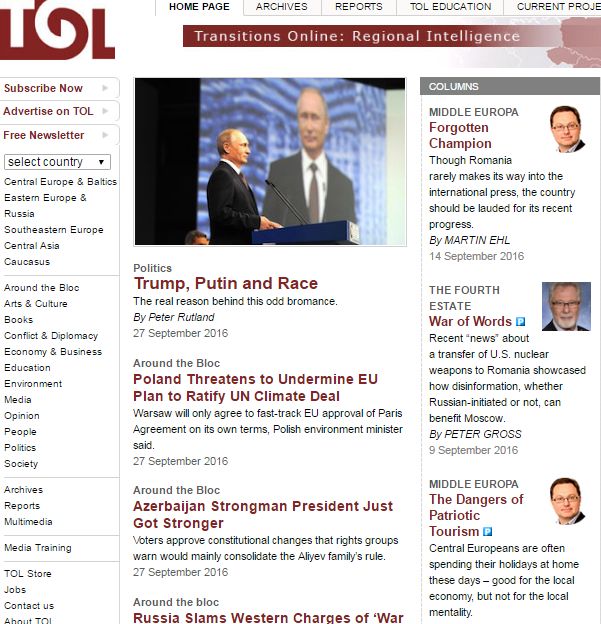
Hungarians are expected to reject a EU plan for quotas to settle asylum seekers in an upcoming referendum.
More...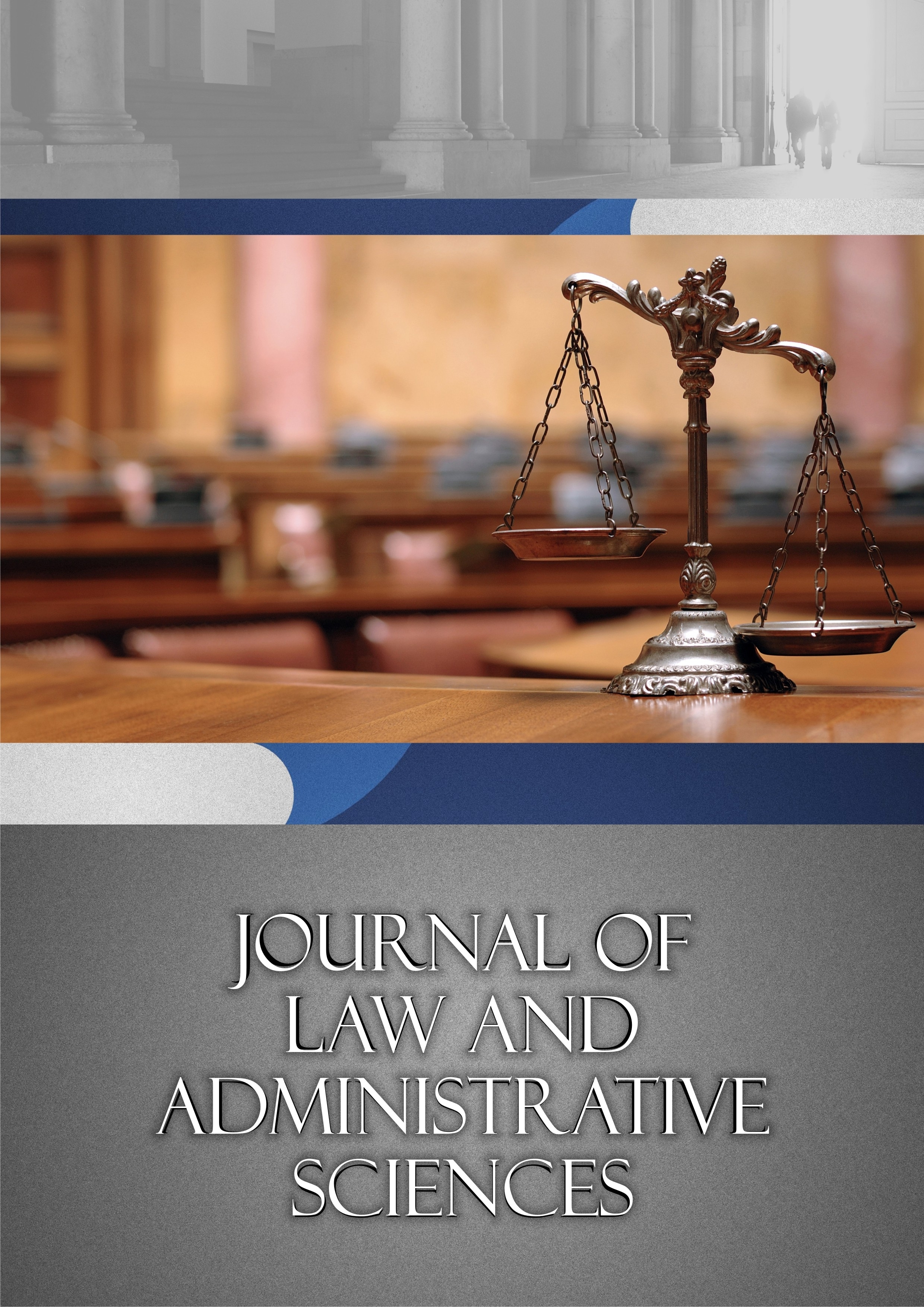
This article attempts to cap the contemporary law issues analyzed multidisciplinary author previous other materials through innovative approaches, the proposed solutions, the originality of the research scientific, regarded even by right relationships with ethics and aesthetics but also the specifics of their interaction. The material is structured main themes and overall guidance to the problem we distinguish between original law in general and contemporary law between domestic law and international law. Broadly, there are two conceptions, the one hand,a conception transcendental or iusnaturalist, which sees as the expression of universal principles and timeless, and, on the other hand, a conception positivistic and instrumental, which sees as a technical pure, neutral and empty of meaning. However, from an ethical and aesthetic perspective on contemporary law characterized by plurality, complexity and transdisciplinarity
More...
Moral and legal contradictio in adiecto of Hague verdicts is best manifested in rulings of the ‘century’ in cases against most responsible perpetrators of genocide and unprecedented crimes, which they planned, organised, encouraged and directly commanded. After thirteen years in hiding from justice with false name and physiognomy crucial Hague inductee, Radovan Karadzic was arrested in 2008, whereas Vojislav Šešelj was arrested five years earlier, in 2003. Before this, 161 persons were indicted by Hague Tribunal for war crimes, of which more than half (91) are Serbs, which is not surprising, considering facts of the war-events in B&H and Croatia. When all the sentences issued by the court so far and those that are expected are summed up, it comes to 1000 years of imprisonment. Even though the number seems high, by no means it reciprocates committed crimes nor the number of the executors of those crimes that have not yet been prosecuted and are, moreover, holding high public offices in government of B&H. That is the legal and moral ‘contardictio’, what we Bosniaks, see as irreconcilable with moral legislative logic of some of the judges of the jury council who did everything they could to insure that criminals are not punished adequately or acquitted of the crimes they committed, placing the mentioned crimes within theframework of International Conventions, thus fabricating new legal ‘standards’ in order to comply with criminals not with truth or justice. In this regard, most blatant example of avoiding justice we have in the verdict of the ‘century’ in case of Radovan Karadzic and unprecedented legal morbidity in the verdict in case of Vojisalav Šešelj. The verdict in the case of the former is a slight consolation for the victims, whereas the latter is an unparalleled disgrace, a crime without punishment or, plainly ‘justification of crime’ by the judges who justified these crimes thus identifying themselves with the criminal as such.
More...
The article deals with the problems of sovereignization of unrecognized and partially recognized African states. Western Sahara, Somaliland and Azawad were selected as examples. Special attention is paid to the connection between the colonial territorial entities (including “administrative” tribes and clans) and the attempts to create new states in Africa. The paper discusses possible ways for the development of unrecognized states in Africa, taking into account the problem of phantom borders inherited from the colonial era.
More...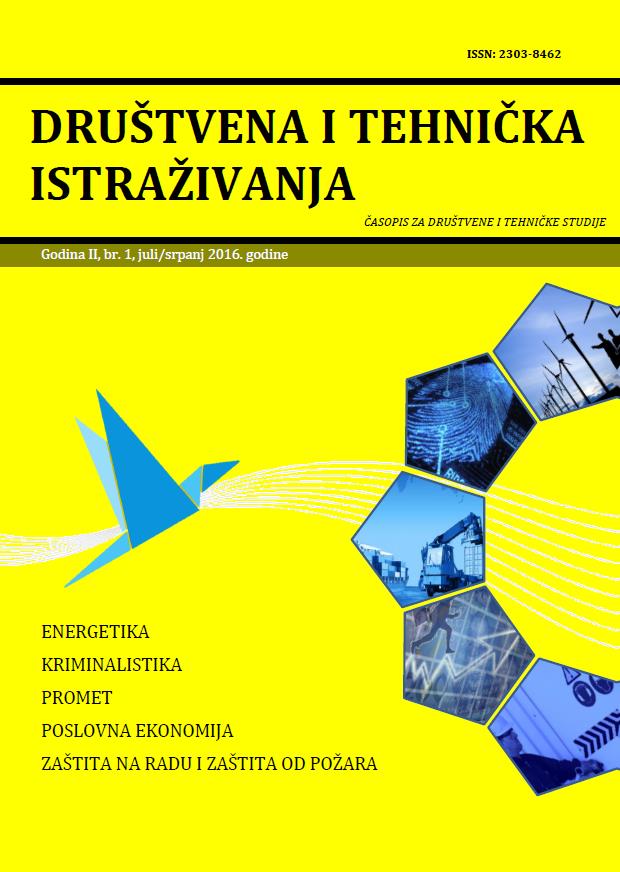
The focus of this article are the merger remedies. The article analyses procedural and substantive aspects of this notion, and particularly the applicable general principles, conditions for its implementation, various types of measures known to the comparative competition law, the appropriateness of the application of these measure in different circumstances, all with the overview of the relevant practice of the European Commission, but also the General Court and the Court of Justice of the European Union. Particular attention is paid to the analysis of the legislation of B&H, and the practice of the Competition Council of B&H, with the aim of ascertaining the normative and factual competency for the implementation of this notion. The conclusion of the article indicates that the competition law of B&H is not completely ready for the implementation of the merger remedies - structural and behavioral - in the procedure of the control of concentrations of the undertakings concerned.
More...
The protocol on accession of the Russian Federation to the WTO differentiates the obligations of Russia. The obligations provided by paragraph 1450 of the Report of the WTO Working Group which is part of the Protocol, including those concerning intellectual property, were supposed to be executed before accession to the WTO. Therefore, there are grounds for recognizing that it is currently impossible to enforce norms allowing representation of authors (owners) without contract, such as regarding collection of compensation for violation of the exclusive right, at the territory of Russia.
More...
Technology has necessitated and intensified changes in all spheres of human endeavors, including administering justice and ensuring human security. However, before the outbreak of the Covid-19, technological advancements have not significantly impacted the administration of justice and human security in Nigeria. The administration of justice and human security in Nigeria was manually operated with minimal or no digital input. In this regard, this study employs a doctrinal and non-doctrinal method in examining how has technology impacted on the administration of justice and human security during the Covid19 experience. The study uses an online questionnaire survey sent to 321 respondents (randomly selected) who reside in Nigeria. Analytical and descriptive methods were utilised in analysing data obtained. The study found that the outbreak of the covid19 in Nigeria has necessitated the use of technology in the administration of justice and human security. Although, some institutions in Nigeria are not effectively utilizing technological facilities in the administration of justice and human security, giving some inherent challenges. The study therefore concludes and recommends that, though the COVID-19 affected the smooth administration of justice and human security, it has led to the use of other faster and possible ways of administering justice and human security in Nigeria. In this regard, the Nigerian government needs to embrace and intensify technology in the administration of justice and human security.
More...
The article outlines a part of the research findings carried out using a complex methodological framework, designed to assess the current social context of the Republic of Moldova, and aims to identify the governance modernization challenges. It reflects the assessment of the relationship between authorities and citizens during the pandemic crisis and demonstrates the relevance of value-normative foundations for the social construction. The preference for interdisciplinary methodology facilitated the structuring of the research in several basic compartments: the first one reflects in a synthetic formula the theoretical-methodological framework of analysis and the formulation of the working hypothesis, followed by the substantiation and support of the authors' positions on the basis of pragmatic and normative-value arguments, and concluded with generalizations that provide a platform for scientific debate with a view to pursuing further approaches on the subject of the impact of crises on the social framework and the need for spiritual foundations in human perpetuation.
More...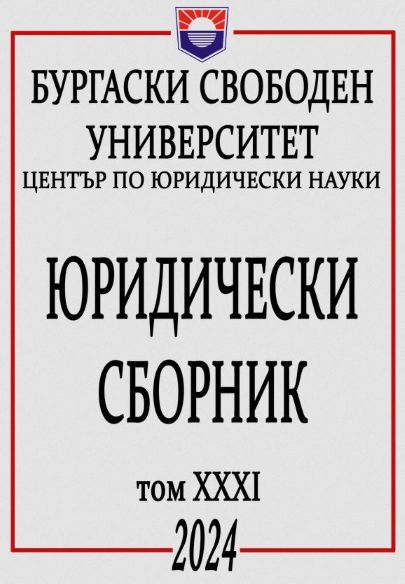
The importance of the issue has increased as environmental problems have a global importance and environmental pollution is no longer limited to causing damage only within the borders of a single state, but also harms people living in other states. While the act of „pollution“ may occur in the country of more than one state, the damage that occurs may also have effects in the country of one or more states. In such cross- border environmental pollution, the problem of which country's law will be applied arises, which necessitates the use of conflict of laws rules. In this study, disputes arising from environmental problems related to the high seas will be analysed in terms of international private law.
More...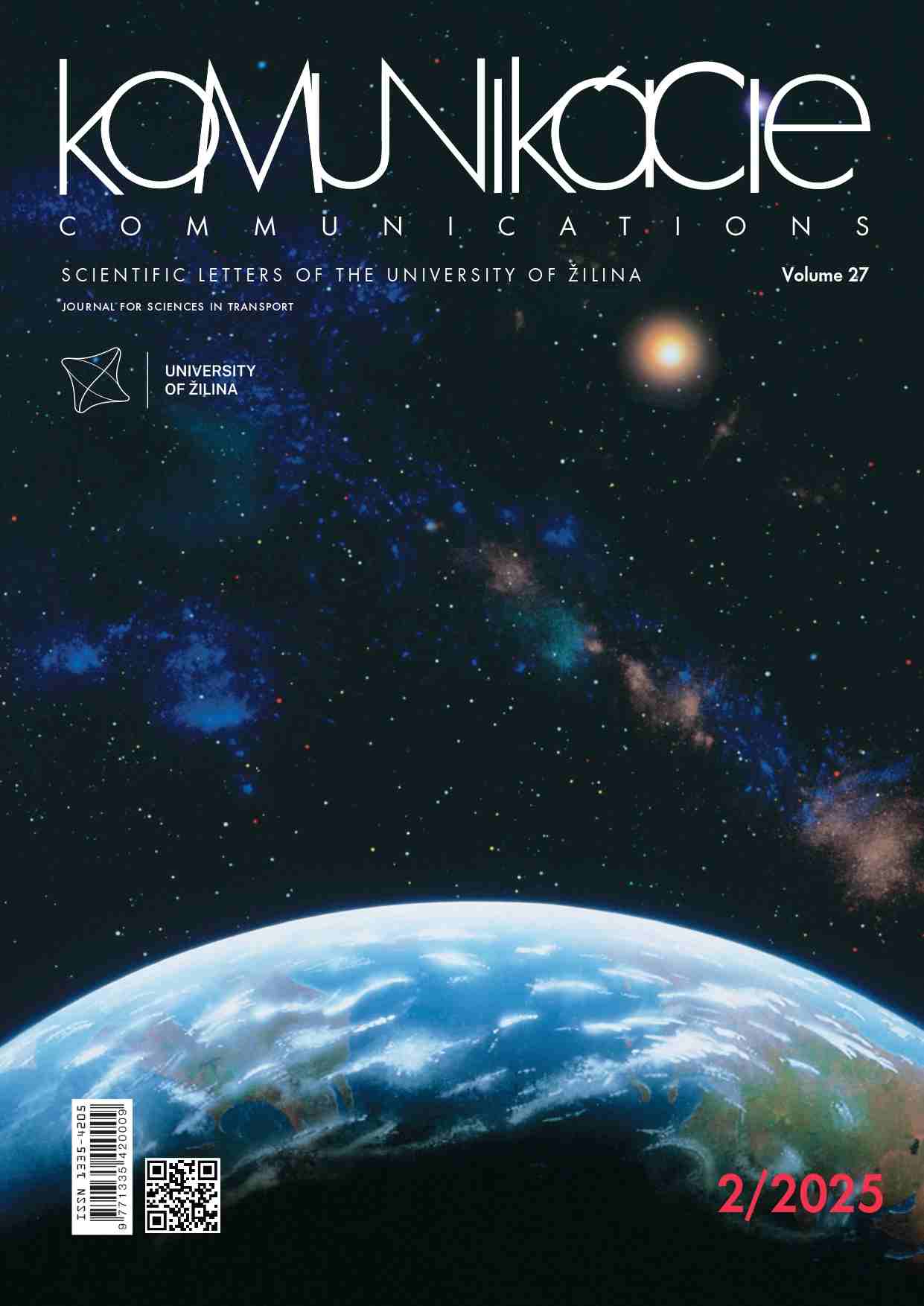
Indonesian Aviation Act 1/2009, which has been adopted for more than 14 years ago, was made to accommodate the ICAO's Universal Safety Oversight Audit Programme (USOAP) findings in 2007, which highlighted the need for legislative changes to reduce air transport accidents in Indonesia. The Act regulates two aspects of aviation activity, covering the public and private. The public sector regulates aircraft activities in Indonesia's airspace, certain issues are missed owing to (the) controversy over its legal terminology. In the private sector, the jurisdiction issue and applicability of the Act have consequently regarding the applicability of the Montreal Convention 1999 was ratified by Indonesia in 2016. In this paper were examined some provisions in the Act by normative juridical and comparative approaches, emphasizing the urgent need for legal reform. It is ultimately recommended to amending the Act to align it with current conditions.
More...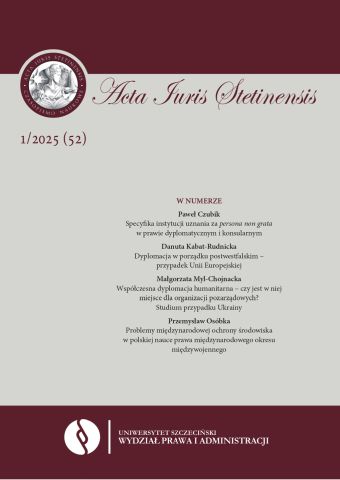
The article is a transcript of a paper presented during the National Scientific Conference “Scholars and the science of international law in Poland. On the 100th anniversary of the establishment of the Polish Group of the International Law Association”, held in Szczecin on November 15–17, 2023. The purpose of the article is to present the achievements of the Polish science of international law in the interwar period in the field of the reception of international environmental protection. Despite the fact that the reborn Polish-Lithuanian Commonwealth had to face legal problems related to the reconstruction of the state, consolidation of its subjectivity and setting boundaries, the sphere of interest of lawyers also included issues regarding the protection of the natural environment. Solid legal foundations for the reception of international protection of the animal and plant world opened the way for the Sejm of the Republic of Poland to adopt the Act of March 10, 1934 on nature protection, and for outstanding Polish naturalists, such as professors Walery Goetel, Michał Siedlecki, Władysław Szafer, active participation in international congresses devoted to nature conservation, as well as representing Poland in the first international organizations dealing with these issues. In research devoted to the reception of international environmental protection in Polish international law in the interwar period, the historical-legal and formal-dogmatic methods were used. Their use allowed not only a thorough examination of the topic, but also the formulation of conclusions. They indicate the interest of outstanding Polish scientists of the interwar period and law experts in the issues of legal protection of the animal and plant world, both in the dimension of international and domestic law. The issue of environmental protection was present in international law textbooks, which were created by Polish internationalist lawyers in the interwar period: Zygmunt Cybichowski, Ludwik Ehrlich, and Julian Makowski. Their influence on shaping the perception of international nature protection goes far beyond the interwar period and is also noticeable today.
More...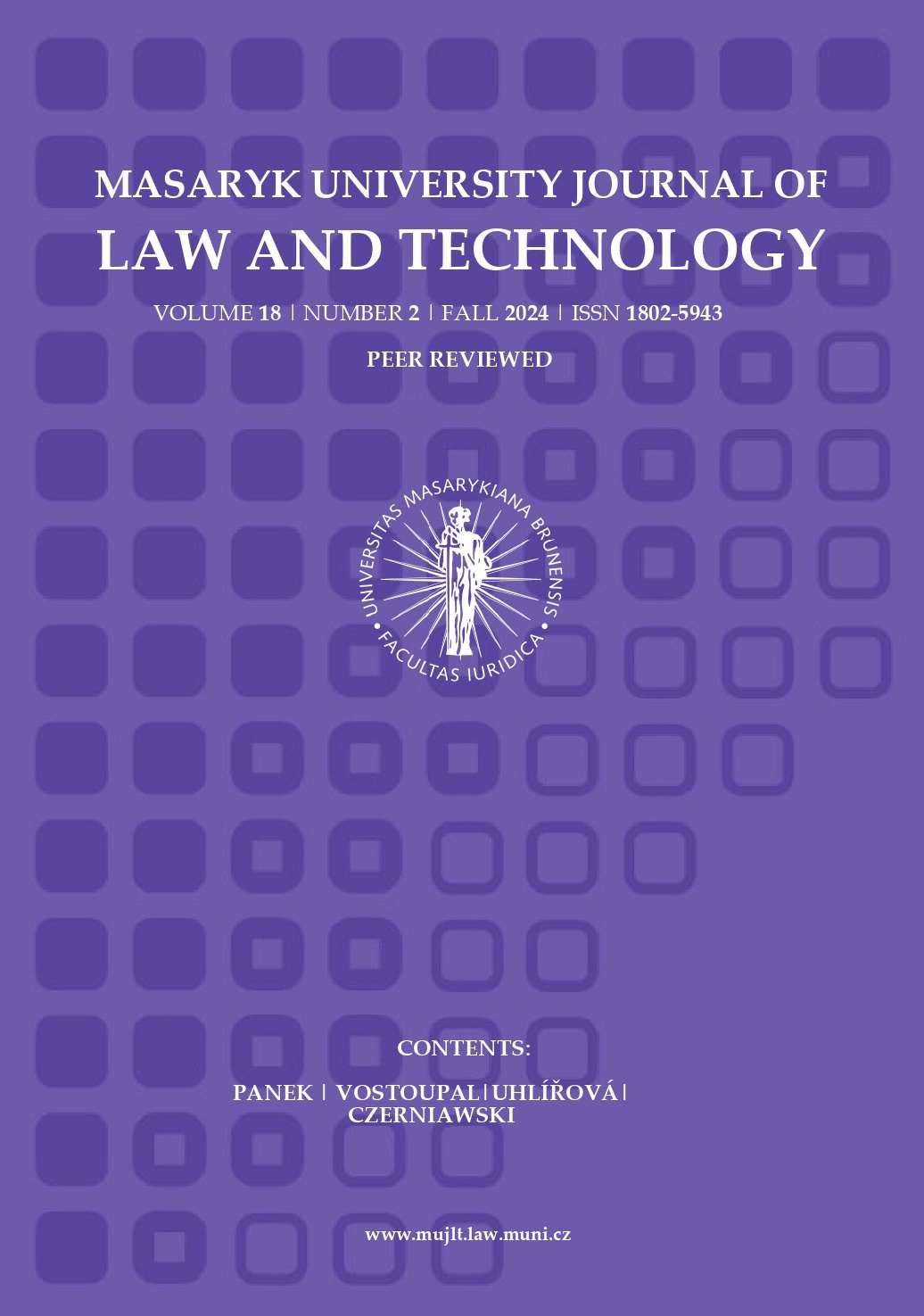
Chinese data protection seems to be problematic. On the one hand, it does exist, at least formally, especially after the reform initiated by the adoption of the Cybersecurity Law and finished by the Personal Information Protection Law entering into force. However, the mere adoption of personal data protection regulations does not guarantee that they provide personal data protection at an appropriate level. For EU law, the adequacy standard is the reference point for verifying personal data protection in a third country. Therefore, it is necessary to meet specific criteria summarising the term of essential equivalence, as introduced by the Court of Justice of the European Union. This article discusses the three most critical problems that result from comparing the provisions of the Chinese Cybersecurity Law, the Civil Code, the Data Security Law and the Personal Information Protection Law with the EU’s adequacy standard. The article consists of the introduction, four parts and closing remarks. The first part explains the methodology of research on Chinese data protection law and criteria applied to its examination. The second, third and fourth parts discuss the complicated relationships between the laws related to the protection of personal data, the status of state authorities as data controllers and multi-stakeholder supervision over personal data protection.
More...
The escalating severity of the cyber-attribution problem (a problem with attributing cyberattacks to states that ordered them) poses a significant challenge to international law and cyberspace security. However, amidst worsening international relations, a viable solution remains elusive. To address this predicament, the authors turn to a historical echo of the contemporary practice of employing hacker groups – namely, privateering. After an in-depth examination of this analogy’s suitability, they focus mainly on the factors that contributed to the decline of privateering. Their goal is to uncover parallels potentially applicable to mitigating modern challenges posed by state-sponsored cyberattacks and the exploitation of cyber-attribution problem. Among the key identified factors, the most crucial were the emergence of professional cyber-capacities (akin to post-Napoleonic emergence of professional navies) and the disruption of hackers’ safe havens. The paper concludes by introducing three prospective scenarios reflecting potential pathways for the future of the cyber-attribution challenges.
More...
With the entry into force of Directive 95/46/EC, the EU based its approach toward data transfers on adequacy decisions, unilateral acts of the European Commission, issued as implementing acts. The EU co-legislators subsequently copied this model into the GDPR and the LED. Since the very beginning, the adequacy procedure involves a comitology phase in which a committee consisting of representatives of Member States expresses its opinion about the Commission's draft implementing act. I argue that adequacy, designed as a technical process, evolved into a tool in which politics, including economic relations and commercial interests, play an ever-greater role. This goes against the concept of comitology, the legitimacy of which is built on denying the political nature of what is delegated. Taking into account the above, as well as other shortcomings of the EU adequacy model, I argue that it is the right time to rethink it. There is also the need for a separate discussion regarding the role of the Article 93 Committee in the adequacy procedure, to be conducted together with the debate on the role and accountability of the European Commission.
More...
Free and undistorted competition between public or private firms of the Member States of the European Union is closely linked to the proper functioning of the internal market; this is why competition law is a major component of the substantive law of the European Union. European Union, according to Art. 3 TEU has exclusive competence to establish the competition rules necessary for its operation. If in the market fundamental freedoms, the Court has played an important role in specifying and developing these primary legal instruments of integration on competition, the European Commission has acted with priority over other institutions.
More...
The importance and necessity of criminalizing acts that pollute the environment no longer needs to be demonstrated, taking into account the fact that, most of the time, environmental pollution seriously endangers the health and life of people, animals and plants. In Romania, environmental protection through criminal law is a relatively recent concern of the legislator, due in particular to the expansion of the crime phenomenon.The topic of reparation of damages cannot be approached in a unified manner, in particular, because environmental damages have certain distinctive characteristics compared to common law. While in common law the damage represents the negative effect suffered by a person as a result of an unlawful act committed by another person, or as a consequence of the act of a thing or animal under his care, the fundamental principle being restitutio in integrum, in environmental law, in the event of the destruction of ecological balances, if the damage is irreversible, it cannot be repaired in nature.
More...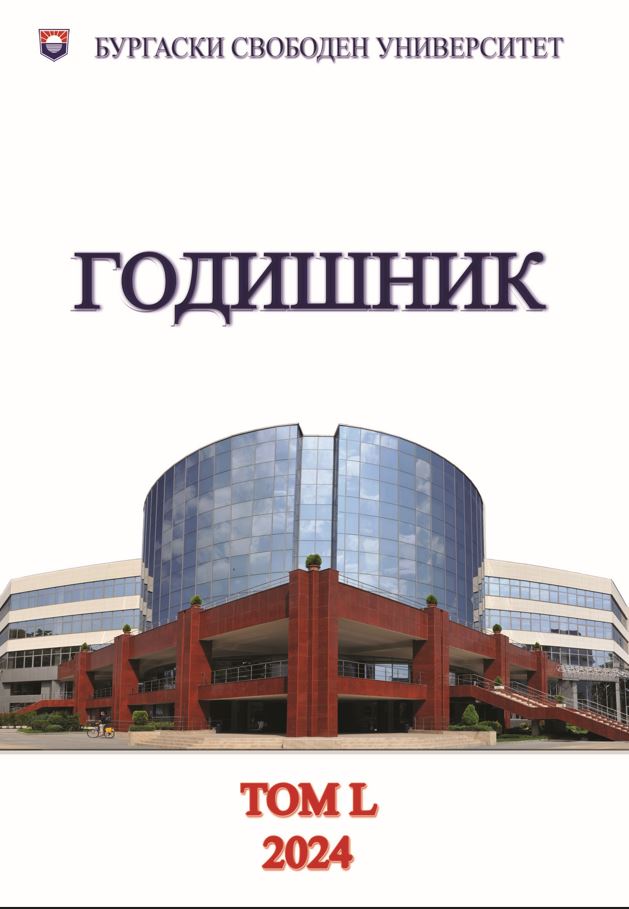
Intellectual property represents a specific intangible asset for any organization, which enables the formation of specific legal relationships in connection with the economic realization of the object of protection. Intellectual property generates for its owners additional value and competitive advantages for the results obtained from their creative activity. They are subject to protection under a special legal order ensuring the protection of people's ingenuity and the economic benefits it provides for subjects. In this regard, the purpose of this study is to present the features of intellectual property such as the concept, forms, objects of protection, the existing international agreements, as well as to analyze the state of intellectual property protection in Bulgaria by analyzing the data on the registered protective documents for period 2017-2022.
More...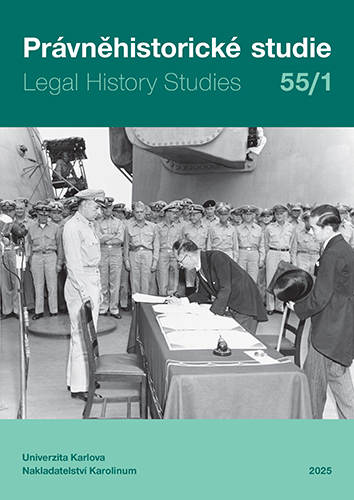
Until the early 19th century, the selection of educational measures available to parents in relation to the children under their care was not usually legally restricted. A change in this issue can be observed with the emergence of family law regulations in European civil law codifications. In the case of the Polish territories that had been under Russian, Prussian/German and Austrian rule since 1795, the laws enacted on this issue were not of a native, Polish character, but were imposed by the three ruling states. Each of these laws, which were in force in the 19th century, explicitly referred to the parental authority. Due to the political distribution of power at the time, the same provisions (Russian, German and/or Austrian) were in force in other regions of East-Central Europe, which today constitute the territory of Estonia, Latvia, Lithuania, Belarus, Ukraine and Czechia. The exception to this was the Kingdom of Hungary (including present-day Slovakia), which enjoyed wide legal autonomy under the Austrian Empire and later the Austro-Hungarian Monarchy, as well as Kingdom of Romania (including present-day Moldova), which was creating its own legislation. The situation changed after the First World War, when newly established or reborn independent states adapted existing laws to their needs or enacted their own, and after the Second World War, when the whole of East-Central Europe found itself in the Communist Eastern Bloc. In that time, we can observe an increasing interference in the autonomy of parents, when, for example, in Polish provisions disciplining disappeared from the catalogue of explicitly mentioned educational measures. Attention should also be paid to international law, especially the Convention on the Rights of the Child, and its implementation into the legal order of former socialist states. The author attempts to review and briefly summarize the regulations on parental authority in the basic legal acts in force in Poland and other East-Central European states throughout history.
More...